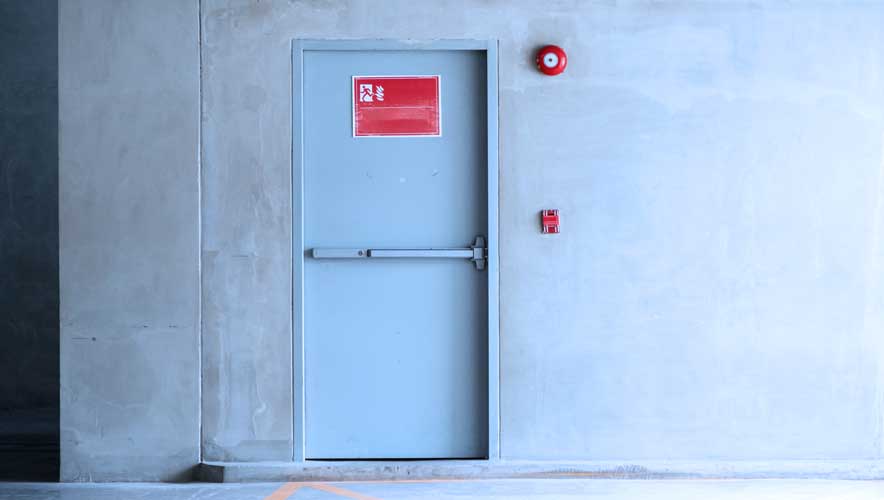After Leaks, U.S. Defense Department Orders Review of Classified Material Handling Procedures
The fallout continues from a series of leaks of U.S. classified documents. Massachusetts Air National Guard member Jack Teixeira, 21, was arrested last week and charged with unlawfully copying and transmitting classified material. He is accused of leaking dozens of top secret military intelligence records online, allegedly to impress a group of friends on the online social media server Discord.
Now, the Pentagon is revisiting its rules for who can handle Top Secret materials and how.
Firstly, the U.S. Air Force’s 102nd Intelligence Wing—which Teixeira belonged to—has been ordered to halt its intelligence mission. This wing typically supports global surveillance drone and spy plane missions. The service’s inspector general is reviewing the wing’s “compliance with policy, procedures, and standards…related to the release of national security information,” said Air Force Spokesperson Ann Stefanek in a statement. During the investigation, the wing’s mission has been temporarily reassigned to other Air Force organizations, she added.
Reuters reported that, “If the accusations against Teixeira are correct, the Air Force will be under pressure to explain how he could have smuggled and disseminated highly classified intelligence for months without being noticed.”
Meanwhile, looking nationally, the Pentagon released details yesterday about a review of procedures across the whole U.S. Department of Defense (DOD) for using and securing materials. Recommendations on safeguarding classified information are due in late May, according to a memo from Defense Secretary Lloyd J. Austin III.
“Adverse security incidents are a stark reminder that adherence to required security procedures underpin all aspects of the Department of Defense (DOD) mission, and we must continually reinforce these requirements to keep pace with evolving threats,” the memo said. “It is therefore essential to carefully examine the sufficiency of, and compliance with, all security policies and procedures.”
The Air Force ordered an investigation into the Massachusetts Air National Guard unit where the airman accused of leaking classified documents worked, and temporarily shut down its operations w/@johnismay https://t.co/pPz6B6uWwL
— Eric Schmitt (@EricSchmittNYT) April 18, 2023
The directive reaffirmed the DOD policy that classified information can be transmitted only on appropriate government channels—not commercially available encrypted channels like WhatsApp or Signal, The New York Times reported. The memo also reminded DOD personnel about correct storage and destruction of classified information, safeguards, transmission and transportation guidelines, security education compliance, cybersecurity protocols, and overall accountability.
The leak may spur new policies as well, such as restricting or deleting email distribution lists on classified computer networks, limiting access to certain intelligence, or curtailing the ability to print paper copies of reports posted on the Joint Worldwide Intelligence Communications System (JWICS).
Additionally, the U.S. Air Force announced new actions focused on security protocols across the whole service, including a pause in training and a review of each airman’s requirements for accessing classified information, according to the Times.










